Former Google CEO Eric Schmidt and former senior vice-president of products Jonathan Rosenberg give an insider’s tour of the Internet giant. They honed their management skills creating a new kind of work environment in a company growing exponentially in a field that didn’t exist three decades earlier. They pass on some “conjurers’ secrets and translate them into accessible lessons.” This guidebook for creating successful 21st-century companies covers culture and environment, hiring, innovation, communication and decision making, Google-style. getAbstract believes this information-packed manual will please Google admirers, and leaders and future leaders of all types.
No Plan Is the Best Plan
When Larry Page and Sergey Brin founded Google in 1998, their guiding principles were: Build excellent products and platforms, and offer superior, accessible services. “Focus on the user,” and the “money stuff” will work itself out. Create the best search engine by hiring talented engineers and giving them free rein. Manage loosely, and let people work without being encumbered by processes and procedures. When in doubt, “just go talk to the engineers.”
When it became clear that Microsoft recognized Google as a competitive target, Mike Moritz, a member of Google’s board, asked for a business plan and wanted to discuss strategy. Head of products Jonathan Rosenberg knew why this request was a problem. He’d initially spent weeks developing a traditional “gate-based” plan for a search product. When he presented it, Page asked him, “Have your teams ever delivered better products than what was in the plan?” Rosenberg said no, so Page discarded the plan. Rosenberg and Eric Schmidt, CEO of Google Inc. since 2001, presented a revised plan to the board in 2003. The version they offered lacked the traditional components of a business strategy, but it reinforced...









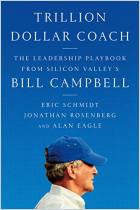

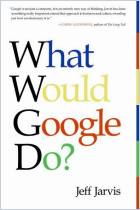
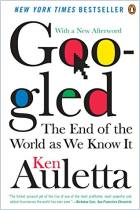
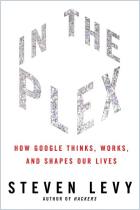
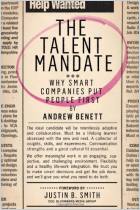
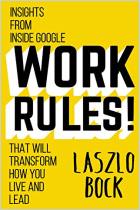




Comment on this summary or Start Discussion